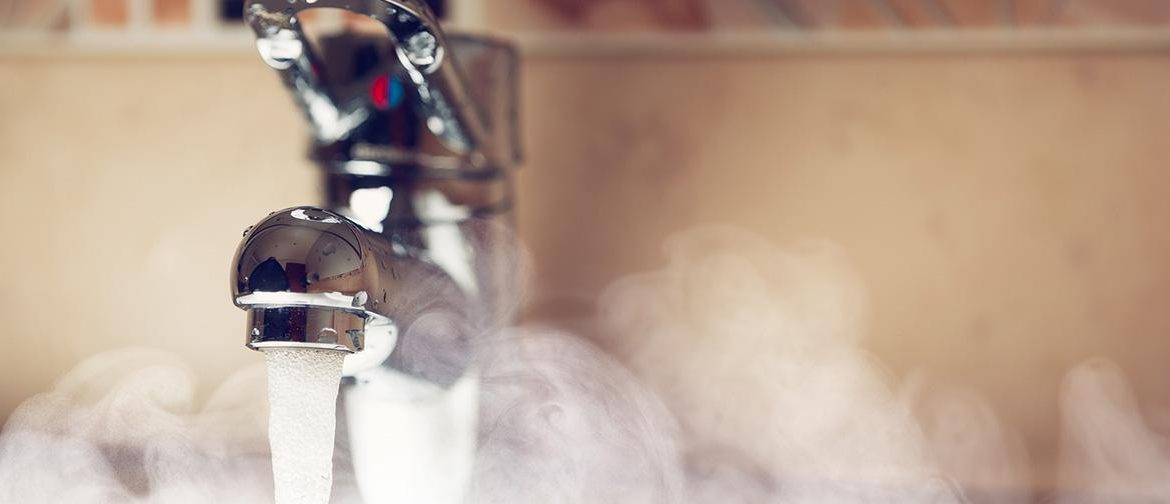For most of us, on-demand access to hot water isn’t optional.
We count on our water heaters or boilers to get us through every shower and sink full of dishes. But even top-of-the-range water heaters aren’t built to last forever, so unless you want to see your hot water access disrupted, it’s best to pre-empt water heating system failure by replacing units that are nearing the ends of their lives.
However, predicting water heater or boiler failure isn’t always easy, but there are things you can look out for so you know when your system is coming to the end of its life.

WATER HEATING SYSTEM AGE
After years of service, lots of things can begin to go wrong with the parts in your water heating system. Parts wear out, corrosion develop and tanks can crack. For most makes of tank heaters, you can normally expect a life span of around 10 years.
So, knowing the age of your water heater is key to proactive replacement. If you don’t know when yours was installed or if you recently purchased your home, you can verify the date by checking the serial number label. Manufacturers note the month and year each unit is produced within the serial number, so you can refer to your water heater manufacturer’s website to identify your model’s code and confirm its age.
COMPROMISED HOT WATER SUPPLY
When your water heating system is on its way out, one of the first symptoms is that you will notice that the water coming from shower and taps is running cooler or is running out noticeably faster than before.
This could be due to a failing heating element, which a professional plumber can diagnose and repair. But it could also mean that mineral sediment has coated and hardened on the bottom of your tank, including the heating element. This tends to happen around or after the ten-year mark, and is a sign that your water heating system could be on its way out.
Regular servicing of your water heating system, including checking the anode rod and replacing it if necessary, will prevent tank corrosion. If you haven’t had the system regular serviced, then tank corrosion will be evident in the form of rusty coloured water coming from your taps.
You can confirm the problem is in your water heater and not your pipe system by getting a plumber to flush your water heater tank, another routine maintenance task, and checking to see if the drained water is rust-coloured. If your water heater is rusted out, it needs to be replaced before it springs a leak.
You should also check your water heater for leaks regularly and take action at the earliest sign of unexpected dripping or moisture.
Even if none of the above symptoms are evident, water heating could also be on its way out if there is a constant loud banging noise when it’s heating up. As sediment in the system settles and hardens, it forces your water heating system to work harder, and that can lead to rapid expansion of the tank for example. If you hear constant clanking coming from your tank, it’s time to get a new one.
GOWER PLUMBING & GAS
If any of these symptoms sound familiar, then it’s probably time to call out a local plumber like Gower Plumbing, Electric & Gas. Not only do they employ an experienced team of gas safe registered plumbing engineers but they can provide advice and guidance on how to look after your water heating system and recommend a replacement boiler if necessary.
Gower Plumbing, Electric & Gas have also recently launched a cost-effective boiler servicing and maintenance plan which means customers will have the peace of mind that their water heating system is being checked and maintained on a regular basis.
FOR MORE INFORMATION, CALL US TO TODAY ON 01792 209407





